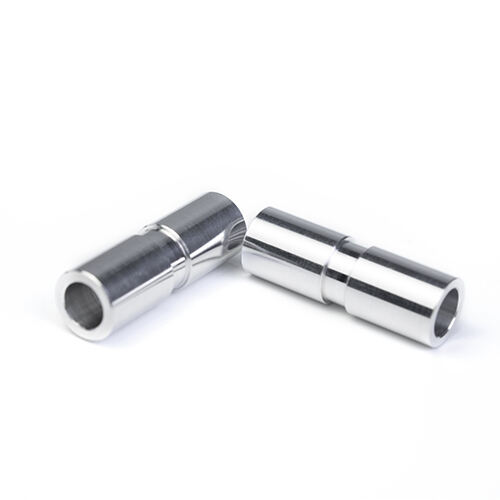Custom Precision Machining Gains Momentum Amid Surge in High-Tech Manufacturing
As the demand for highly specialized components continues to rise in aerospace, medical, and advanced electronics sectors, custom precision machining has emerged as a key enabler of American manufacturing innovation. Precision-focused machine shops across the country are seeing a spike in orders for complex, low-tolerance parts tailored to customer specifications.
Industry experts say the growth reflects a broader shift toward specialized, short-run production that requires exceptional accuracy, material flexibility, and design customization—areas where custom precision machining excels.

Tailored Manufacturing for a High-Tech World
Unlike traditional machining which often serves mass-market or standard parts, custom precision machining focuses on delivering unique, application-specific components. These range from surgical instruments and aerospace fasteners to micro-electronic housings and robotic automation parts.
Technology Meets Engineering Expertise
The process involves high-performance CNC equipment—often 5-axis mills, Swiss lathes, and wire EDMs — paired with skilled machinists and engineers. Advanced CAD/CAM systems allow shops to interpret complex designs and optimize them for manufacturability.
Medical and Aerospace Drive Demand
Custom precision machining is especially vital in the medical and aerospace sectors, where components must meet exacting FDA and FAA requirements. Parts like orthopedic implants, endoscopic tools, and jet engine components are often custom-designed for performance, weight, or material compatibility.
Challenges and Opportunities
Despite strong demand, custom machining shops face challenges, including material costs, supply chain constraints, and a shortage of skilled labor. However, many are investing in automation and workforce training to boost capacity.
Outlook: Precision is the Future
With growth forecasted across high-tech and industrial sectors, analysts predict continued expansion of the custom precision machining market in 2025 and beyond. The rise of additive-subtractive hybrid systems, tighter integration with design teams, and advances in digital quality control are expected to push the industry into its next phase of innovati


